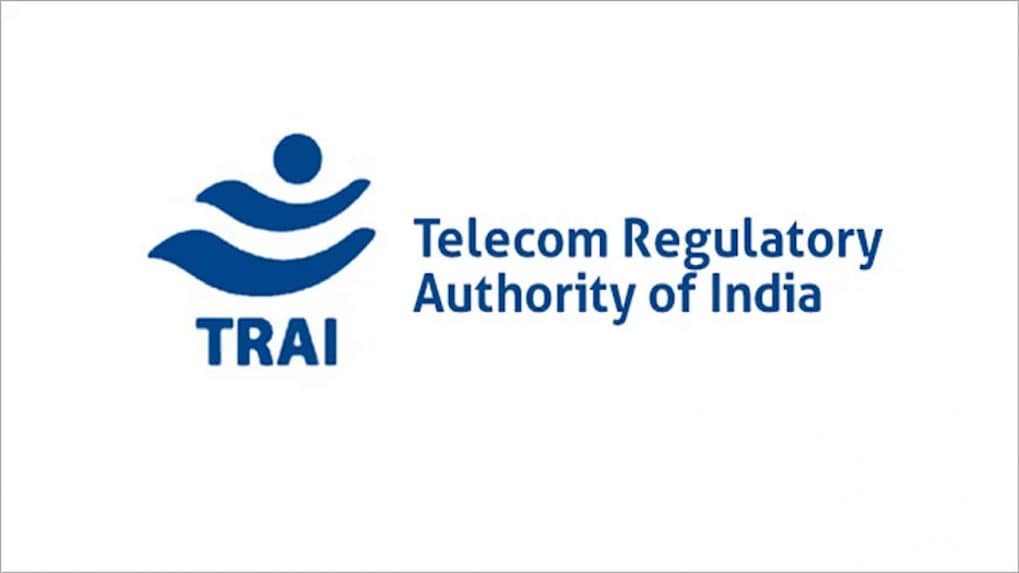TRAI recommendations on formulation of National Broadcasting Policy 2024 bring relief for OTTs
Despite several stakeholders opposing the inclusion of OTT services in the NBP, TRAI published a consultation paper last year on the regulatory framework for OTT communication services and the selective banning of OTT services. In its recommendation paper released on June 20, TRAI outlines no such regulation - bringing relief to many.
ADVERTISEMENT
The Telecom Regulatory Authority of India (TRAI) gave relief to industry stakeholders less than a month after hinting that it is working on recommendations on over-the-top (OTT) app regulatory mechanisms. In its recommendations to the government on the formulation the National Broadcasting Policy, released on June 20, which outlined the 'Vision, Mission and Goals' of the NBP, TRAI made no mention of regulating OTT or licensing requirements for OTTs.
Last month, its Chairman, Anil Kumar Lahoti hinted that TRAI is working on recommendations on regulatory mechanisms of OTT apps. Meanwhile, at an open house discussion on NBP held by TRAI, stakeholders including, Siddharth Jain, Secretary, IBDF, urged TRAI to ensure that there is freedom for content creators and that no broadcaster must be put under any kind of pressure.
In its June 20 recommendations, TRAI has made recommendations for establishing transparent and credible Audience Measurement and rating system for television, radio and OTT broadcasting service.
Sanjay Trehan, Digital & New Media Advisor, said that the recommendations for NBP seem to be the steps in the right direction. The policy seeks to create an enabling ecosystem that would foster growth and empower content creators to create quality.
“The best regulation is self-regulation and TRAI needs to be complimented for avoiding the temptation to impose licensing requirements on OTTs. While creative freedom is critical for the growth of the industry, the onus is now on the creators and the platforms to ensure that tasteless, fake or incendiary content is not created or aired. India’s cultural diversity and its humane values need to be respected,” he noted.
In all, TRAI's recommendations on NBP are extremely progressive in formulations, according to him.
“It is a welcome change to see there is no intent expressed to regulate OTT. The industry is maturing and will find its own mechanisms to self-regulate,” said Partho Dasgupta, Managing Partner - Thoth advisors and ex-CEO of BARC India.
He added that the broadcasting sector should be set free to price its content and distribute on its own and better dispute resolution mechanisms should be set up for any inefficiencies in the system.
The regulator last year had commenced the process to chalk out a regulatory mechanism for OTT messaging apps such as WhatsApp, Telegram, Signal, etc. It was also deliberating on the selective banning of OTT services — after the Department of Telecommunications (DoT) asked the regulator to reconsider its 2020 recommendations, wherein it was proposed that OTT services need not be regulated. But it had said it would relook at the issue later.
After the release of consultation paper, stakeholders including the National Association of Software and Service Companies (NASSCOM) rejected the inclusion of OTT services in the NBP, stating that the nature of provision of broadcasting and OTT (digital services) is completely different; OTTs should be kept out of scope of the policy.
“OTT is relatively new in India and needs its space to grow and to find a footing for itself. But once it reaches a certain maturity level, then such a regulation becomes important. However, it's important not to curb it at a stage where it's still learning and growing, but only when it reaches a certain stage or maturity level because we should not be operating in silos,” added Ashish Bhasin, Founder, The Bhasin Consulting Group.
Ashish Golwalkar, Sr. Media Consultant and ex-Content Head at Sony Pictures Networks India, echoed similar sentiments.
"OTT in itself is a very nascent stage. Most of the platforms are in the investment mode, I don't think any of the digital platforms are making enough money for them to kind of also pay license fees. If there comes any regulation, that's going to be detrimental to all the platforms," he said.
He believes OTT is still going through its own learning and cycle in terms of monetisation opportunities. Overall, it would need another 4-5 years to mature.
Sandeep Gupta, COO - Broadcasting Business at Shemaroo Entertainment, added that by improving the ease of doing business and safeguarding interests, one can foster growth in the broadcast sector.
While it is a step forward, Isaac Jacob, Professor Emeritus, Marketing, K J Somaiya Institute of Management added that non-regulated OTTs has its own roadblocks too.
"From the advertising perspective, non-regulated OTTs will have a significant impact on duping customers with the various claims that can be built up. While agility and creative freedom are applauded, OTT is highly impactful as well," he said.
PD Vaghela, the outgoing Chairman of the regulatory body, last year shared that “In 2018, TRAI had recommended that there should be no regulation of OTT players. However, the last five years have seen several changes in the digital landscape.” He also then pointed out that telcos, not just in India, but across the globe, have been pushing for a mechanism under which OTT players compensate them.


